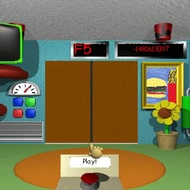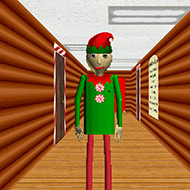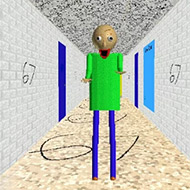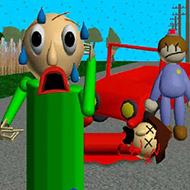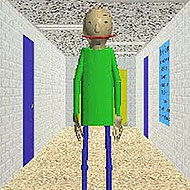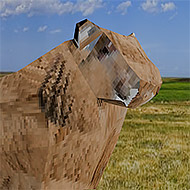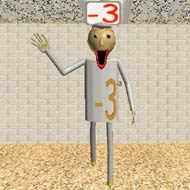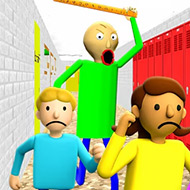
Sprunki, But It’s Labubu
Sprunki, But It’s Labubu offers a unique platforming experience defined by instability, mischief, and surprise. Unlike traditional stage-based progressions, this game takes the player through a reactive world that shifts based on movement, attention, and how well you understand Labubu’s strange internal rhythm. Your greatest challenge isn’t the level—it’s predicting what the game will do next.
Worlds that Reshape Themselves
Each zone in Sprunki, But It’s Labubu operates on its own reality rules. The Forest Area may cause looping until a secret item is dropped, while the Toyland map changes depending on Labubu’s number of jumps. No two sessions feel alike, and even familiar environments react to past attempts. As Labubu spreads mischief, so too does the world distort around him.
- Checkpoints collapse after use, rerouting progress paths.
- Event triggers shift based on time, not just location.
- Enemy patterns mutate if defeated too many times.
Labubu’s Skills as Puzzles
Unlike in many platformers, abilities in this game aren’t upgrades—they’re problems to solve. Labubu gains new forms not through progress, but through indirect consequences: waiting in certain areas, refusing to act, or breaking scenery in illogical sequences. These transformations lead to secret areas, reverse objectives, and unexpected win states.
- Stealth Labubu: Triggered by avoiding movement for a full level.
- Echo Labubu: Earned by backtracking through shadow zones.
- Split Labubu: Activated after performing contradictory actions in sequence.
When Losing Becomes a Tool
Sprunki, But It’s Labubu does not view failure as the end—it uses it as data. Every time Labubu falls, glitches, or misfires, the environment takes note. Some players unlock alternate maps simply by falling into pits 10 times in a row. Others access corrupted stages by refusing to collect key items. The rules are always watching, and they bend when the player stops following expected behavior.
Sprunki, But It’s Labubu dares players to fail creatively. By encouraging strange approaches and reactive thinking, it becomes a game of experimentation as much as survival. Labubu doesn’t want you to play fair—he wants you to play differently.








